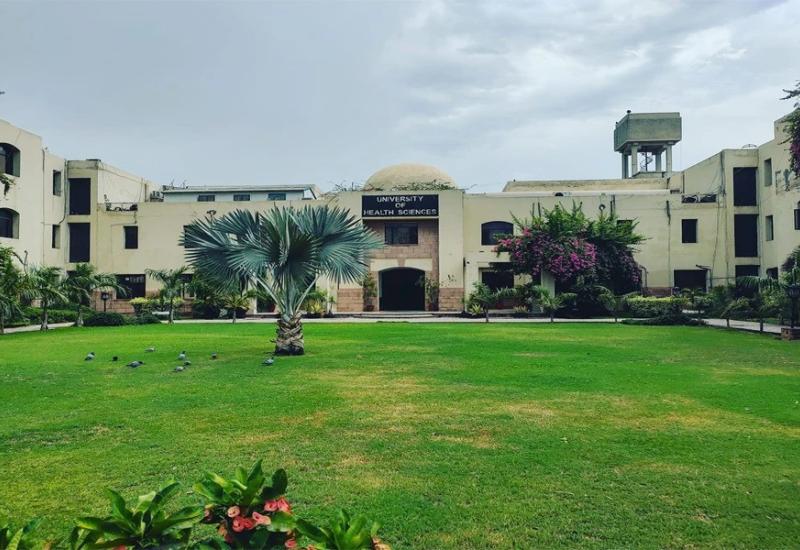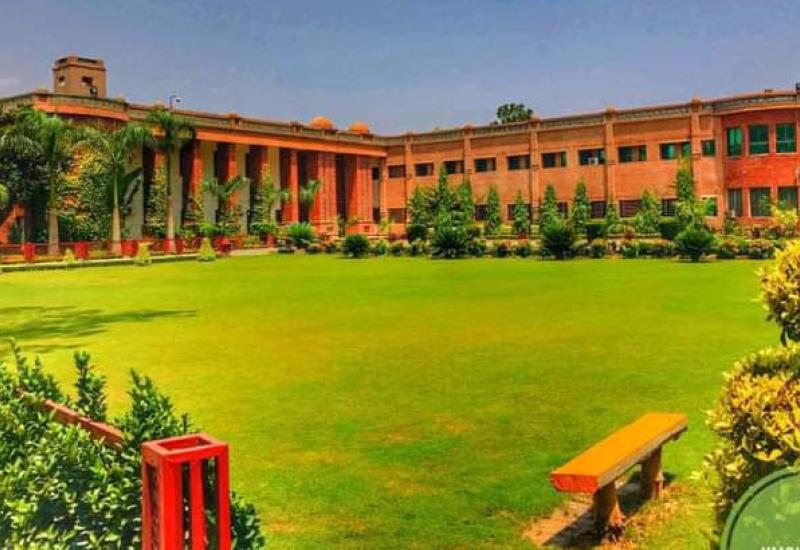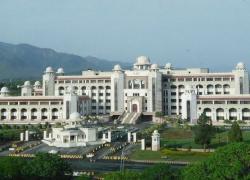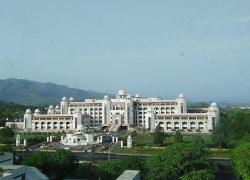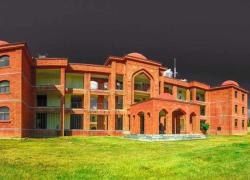Digital Pakistan: Is a new technological revolution in the making?
The “Digital Pakistan” was launched recently. Well-done team, “Digital Pakistan”. Better late than never. The government deserves credit for the initiative. Since independence, this is the first project, that has the potential to revolutionize the entire dynamics of the socio-economic landscape of the country. It is the showtime, but we have to go much further and faster, much more seriously and much more earnestly. We need actions on many fronts- formal education, business development, vocational training and university-industry partnership. For this, we have to put digital skills at the heart of the entire education landscape, internship and apprenticeship.
Digital Pakistan- A real change in the offing
Despite the fact, we are far behind in this cutting-edge area, but the good news is that there is a widespread realization that this is the only area, we can make some remarkable progress. This can help create job creators rather than job seekers. In fact, digitalization will help grow our economy quickly, improve the business environment rapidly, create jobs abundantly and alleviate poverty expeditiously. I personally believe, this is the only area, through which the current government can bring real change in the life of a common man. Otherwise, life of the man in the street has deteriorated beyond proportion since the incumbent government assumed the office.
Public response
The response to this initiative has been overwhelming. What it would finally deliver?, we do not have to wait for long. One of the social media influencer, founder and CEO of DruPak, Mr. Azmat Shah commented, “Allah karay yeh “file put up”, “please speak”, “meeting”, “baaboos” ki muhtaji na rahay“. (May Allah help, this system of “file put up”, “please speak”, “meeting” don’t remain hinge on the will of the bureaucrats/clerks).
Gender inclusiveness
With a looming digital skills gap that is critical for our national development, economic growth and technological advancement, we must do all, we can, to encourage and support enterprises in bringing on board more female talent. The need for the womenfolk to be tech-savvy is so intense that was never before. This is the only area our female can excel and make a huge contribution. The Lady in the lead role of the project may provide sufficient motivation for the rest. Now there is a strong realization that they could boost their job prospects simply by learning some IT skills and can work from the confines of their own houses paving ways for an IT revolution.
The problem area
The problem with digital skills remained not the lack of talent, but rather the disconnect between what the organizations actually need and what the educational institutions are offering. The lack of understanding about how to make the businesses appealing to new talent connotes that many IT professionals, software engineers, programmers and developers are being lured into the international market that better meet their demands. To put it succinctly, if other things remained constant, Tania Aidurs, with Masters from MIT would have hardly found an IT Manager (BPS-17) job in any government department in Pakistan. And this is the real challenge that needs to be addressed if the government wants to reach to some level as the tech leader in the region.
Ground realities
The persistent inability to plug skills gaps is costing Pakistan’s economy a lot, every year. Adults in the country lack basic digital skills, while the majority of the graduates leaving the universities with a computing degree are still unemployed, years after years, after graduating. So, it is really deplorable to note that Pakistan has failed to adopt digital technology the way it should have been and keep abreast with the latest developments in the field. Though we are still struggling with slow, patchy internet connectivity and poor digital infrastructure, the initiative will hopefully help in enhancing connectivity, improving digital infrastructure, investing in digital skills and literacy, and promoting innovation and entrepreneurship in the country.
Why university-industry linkages is relevant?
We need to make sure tomorrow’s workforce is leaving school or university with the digital skills that employers need. This calls for strong university-industry linkages. It is suggested that the universities revive curriculum and provide vocationally-focused digital careers advice on the campuses. On the part of the government- to provide an enabling environment, to allow such collaborative interventions to thrive.
What the industries can deliver?
Relying on government intervention or the education system alone won’t solve the problem. Industrial partners also need to play a role, given the impact of the digital skills shortage being felt by organisations across the country. With competition only increasing, developing the right strategies to stay afloat is essential. The industry should be working to attract top talent, while also looking to re-skill their existing workforce.
Conclusion
Let me conclude this article with the post of Mr. Muhammad Tariq, another social media activist, who summed up the whole narration very artistically, “Allah kare keh jistara Nasir Durrani as IG Punjab bohot dhoom dam se aya aur os system se mayoos hokar wapas chala gaya….Waisa bilkul hi na ho….Allah kare keh aage kamyabi hi kamyabi ho…Ameen. Aur haan Mohtarma ko Musalman hone ka certificate lazmi purse mai rakhna chahiye warna Qadyani aur Yahoodi ka Fitwa kahain na kahain Inka Intizar kar raha hoga….” (May Allah help, the way Nasir Durrani as IG Panjab came with great pomp and show but retreated, letting down by the system… let that may not be the case again…. May there be success, day in and day out….Ameen. And yes, the Lady must keep the certificate, of being a bonafide Muslim in her wallet, all the time, otherwise, the Fatwa of being Qadyani and Yahoodi shall await her at some point in time).





